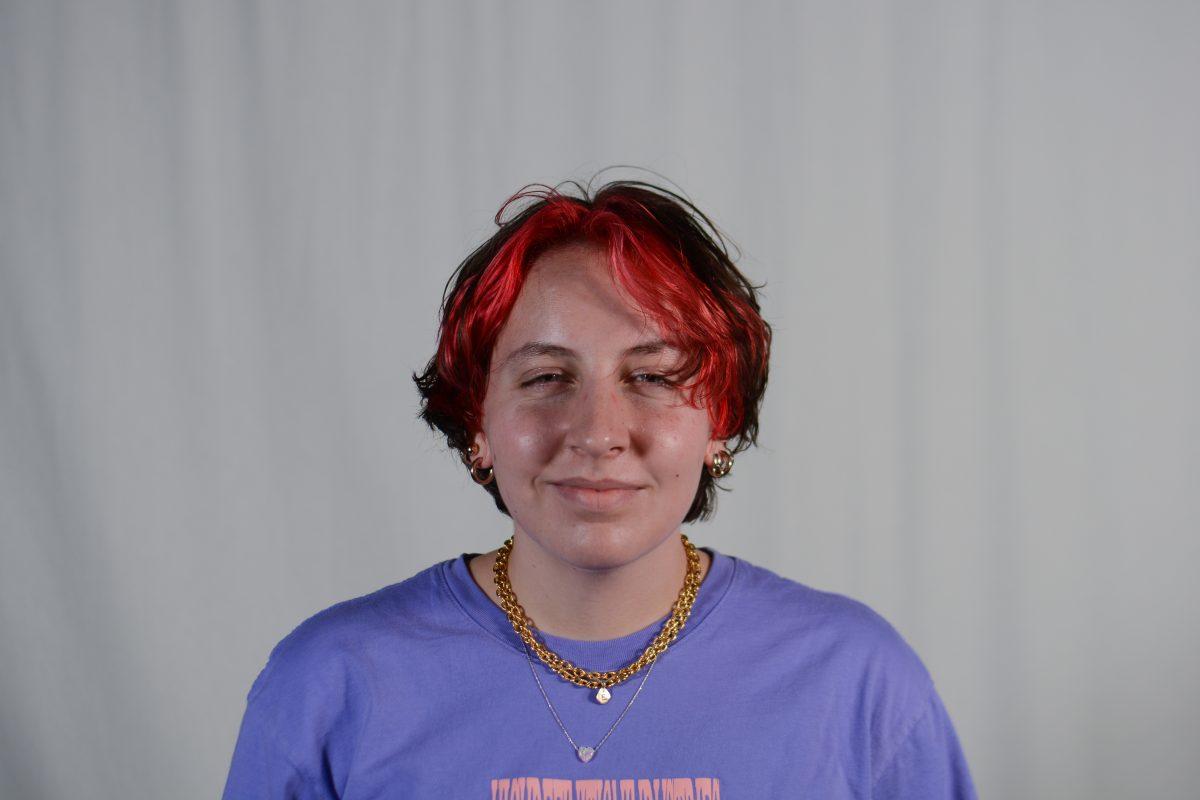This is the third in an ongoing series called Mental Health Journeys where Technician’s staff discusses their mental health experiences.
For a long time, I thought therapy and counseling were one-and-done processes: You go in, you talk about your feelings, then you’re better after a few sessions. I never heard stories of staying in treatment for months or even years, unless someone was sent to a hospital. That was my mindset going into middle school, even though my anxiety was so paralyzing I was pulling my fingertips open to try and stay present.
Toward the end of my sophomore year of high school, my sister finally convinced me to reach out and ask for help. I felt like I was burdening my family, so I met with the first therapist we could find and stuck with her. I realize now that wasn’t a good idea at all, but at the time I didn’t want to cause more of a stir. My time with her ended once the pandemic hit, but my Prozac prescription — which I was put on after seeing her a few times — kept getting filled.
I didn’t learn anything from my first therapist. Since I didn’t advocate for myself, I gained nothing from our partnership. I thought I would be fine going into college, but I was already deteriorating by the end of my senior year of high school.
College didn’t make it any better.
I was surrounded by new faces, new projects and so much to be happy about, but my mind continued to poison any good memories I was making. I was numb from my medications and having random bursts of overactive highs that would come crashing to a halt after a few days. I needed counseling again, and I found it through Campus Health.
That’s not the end of the journey though. I was put on Zoloft for a while to try and fight the numbness, but I still found myself guarded from my counselor. She also ended up being more of a friend to rant to and less of a guiding voice that would lead me through better ways of thinking and processing. I gained little from her, and I ended up paying the price again.
This year was easily the most difficult I’ve encountered on this journey through treatment. For the third time, I found myself sitting across from a counselor. This time, I told him I have a tendency to lie about the severity of my problems and the sheer scale of my emotions in full. He guided me back to a psychiatrist who approached my symptoms cautiously and guided me from antidepressants to a series of mood stabilizers. I was referred to a stronger type of therapy than the center can provide, and things have taken a turn for the better.
You have to advocate for yourself as a patient; not everything will work on the first try, and not every professional will suit your needs. Staying persistent in your efforts is the only way to survive mental health struggles, and I promise it’s worth it at the end of the day.
If you or someone you know is having a mental health emergency, the Counseling Center can be reached 24 hours a day at 919-515-2423. If you are in a crisis situation and need immediate help, please call the National Suicide Prevention Lifeline at 988. In the case of a life-threatening emergency, call 911.
The Counseling Center’s website offers free online screenings, a plethora of self-help resources regarding mental health and wellness concerns and a comprehensive list of campus services available for those who need guidance. To view an exhaustive list, visit counseling.dasa.ncsu.edu/resources.
If you’re seeking professional counseling or other mental health services on campus, visit the Counseling Center’s Getting Started page at counseling.dasa.ncsu.edu/about-us/gettingstarted to complete paperwork, set up an appointment and more.














